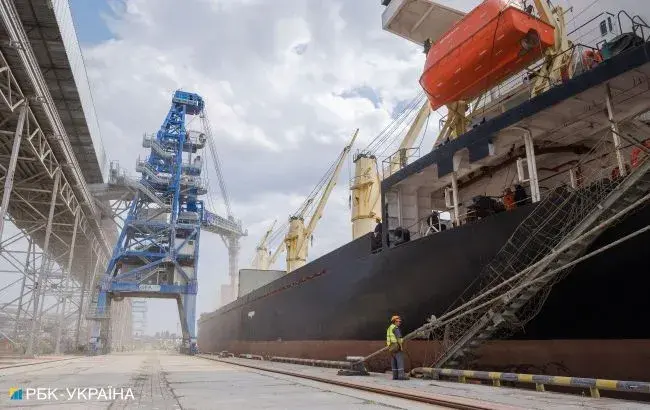NATO ships can accompany vessels with Ukrainian grain in the Black Sea after Russia’s withdrawal from the ‘grain deal,’ according to the report of James Stavridis, a U.S. Admiral and Supreme Allied Commander of NATO’s European Command (2009-2013).
“Under international law, such blockades are illegal. There is no state of declared war between the parties (recall this is, in Putin’s own words, merely a “special military operation”) and it would directly curtail freedom on the high seas. Putin is also weaponizing hunger by cutting food supplies to North Africa and other parts of the global south. Ukraine is among the world’s largest exporters of several key grains, fertilizers and flower oils,” emphasized Stavridis.
According to him, one of the mechanisms to end the blockade could be a practice used in the 1980s in the Persian Gulf when Iran blocked the Strait of Hormuz, disrupting 25% of the world’s hydrocarbon supplies. During that time, flags on Kuwaiti oil tankers were changed to American flags, effectively making them assets of the United States. However, a more convenient approach would be NATO escorting trade caravans with their forces.



Mines would be the big problem. Also what do you do when a NATO ship gets hit by a mine. The US response in the Gulf is talked about here: https://m.youtube.com/watch?v=d5v6hlRyeHE .
So is NATO or a subset of NATO prepared to sink a few Russian ships?